How to Identify Issues With Your Water Line
As a home or business owner, you rely on your water lines to deliver clean water for drinking, cooking, cleaning, and more. According to the EPA, on an average day, U.S. households use an estimated 29 billion gallons of water. So when something goes wrong with your water lines, you'll want to catch it early. Here's what to look for to identify potential problems with your water lines.
Check Your Water Flow
One of the most obvious signs of water line troubles is a change in water pressure. If you notice lower water pressure than normal, it likely means there's a partial blockage or buildup of sediment inside the water lines. Higher pressure can indicate a problem with the water meter or regulator. Sudden changes in hot or cold water temperature as you use the faucets or shower can also signify water line issues.
Inspect Your Pipes
Take a look at the visible pipes in your home, including in the basement or crawlspace. Damage like cracks, leaks, or corrosion could compromise the integrity of your water lines. If you see water pooling under sinks or appliances, it likely means there's a leak in the pipes. Check problem areas closely to determine if the damage stems from inside the wall or the exterior water line. Places where pipes join together are vulnerable spots.
Examine Your Water
Cloudy, discolored, or smelly water are red flags for issues with your water lines. Sediment buildup, rust, algae, and bacteria can all contaminate water as it flows through compromised pipes. Let the water run for a minute or two to see if it clears up. Persistent problems point to a deeper issue. You may also consider getting your water tested if impurities persist. A water test can identify problems and guide the right solution, whether pipe replacement or a filtration system.
Listen for Noise
Some problems with water lines announce themselves with unusual noises. Listen for banging, clanking, or high-pitched squealing sounds. Knocking noises can indicate excess water pressure, while clanking suggests loose pipes. Squeals point to issues like worn washers or malfunctioning valves. New or worsening water sounds warrant inspection.
By tuning into your water flow, pipes, quality, and sounds, you can stay ahead of problems with your water lines before they turn into bigger headaches. Pay attention as you use water daily, and contact a plumber if anything seems off. Taking a proactive approach keeps your water flowing smoothly. When you suspect you have an issue with your
water lines, reach out to us at Riden Plumbing for a diagnosis and repair.

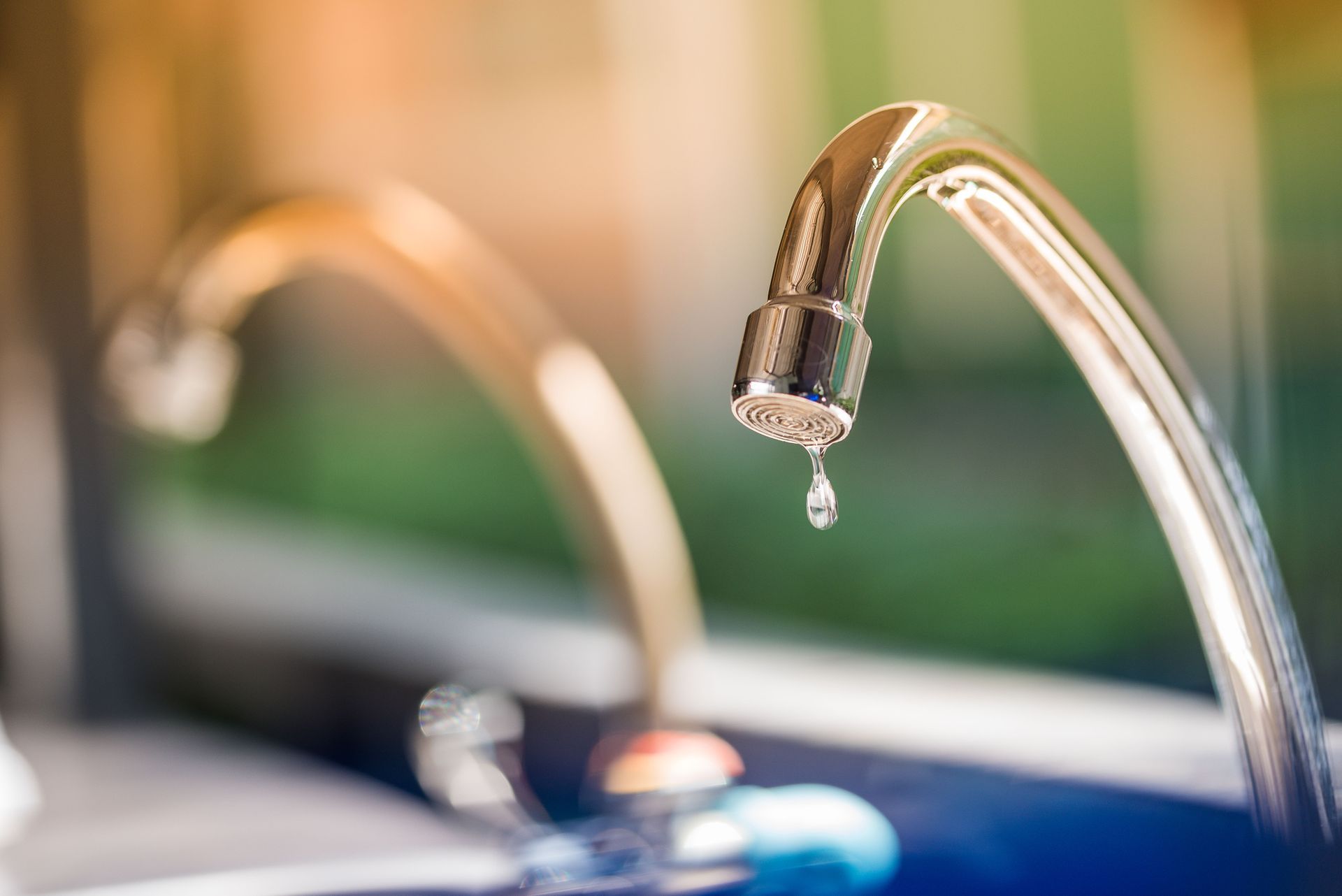
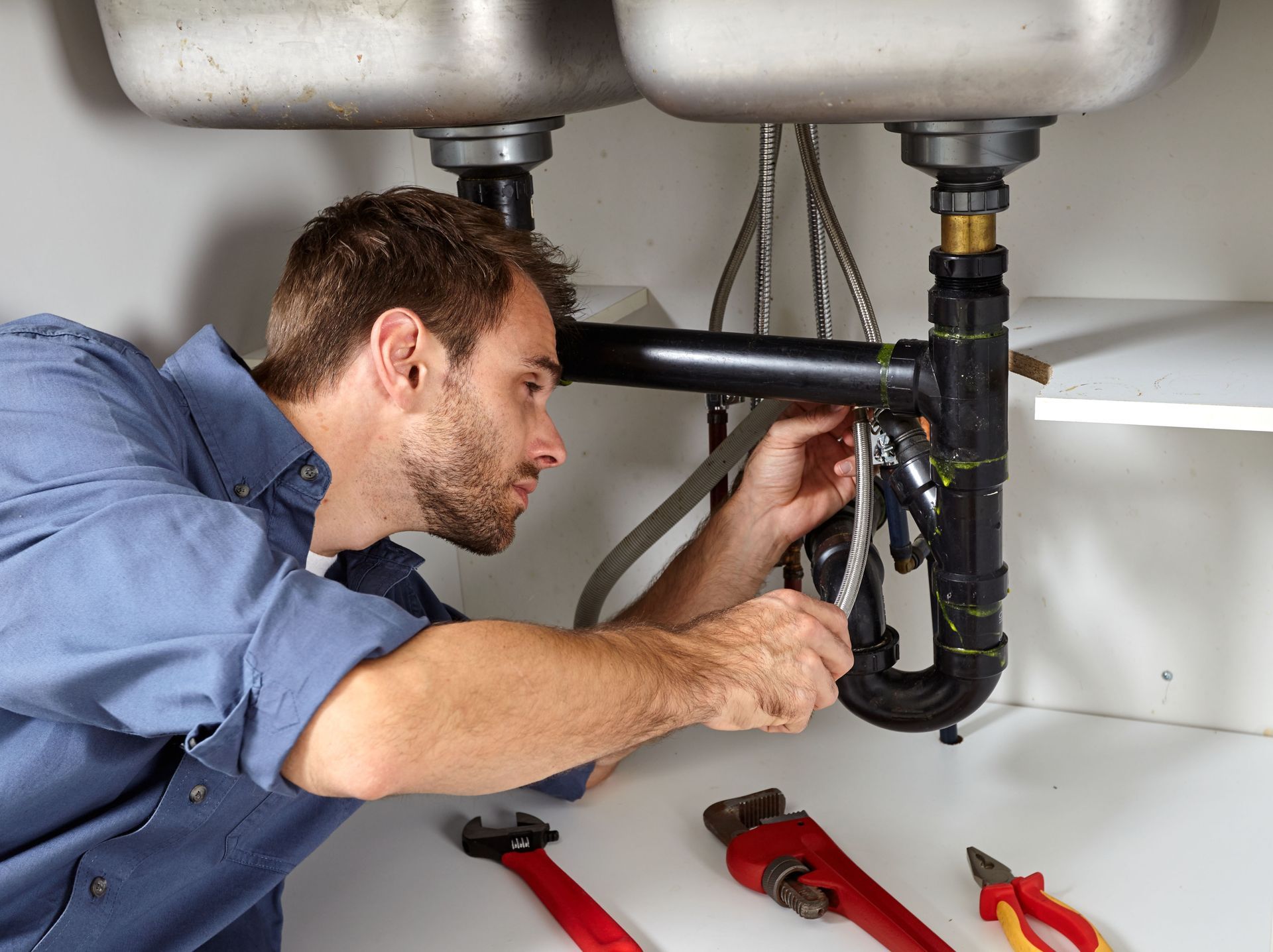
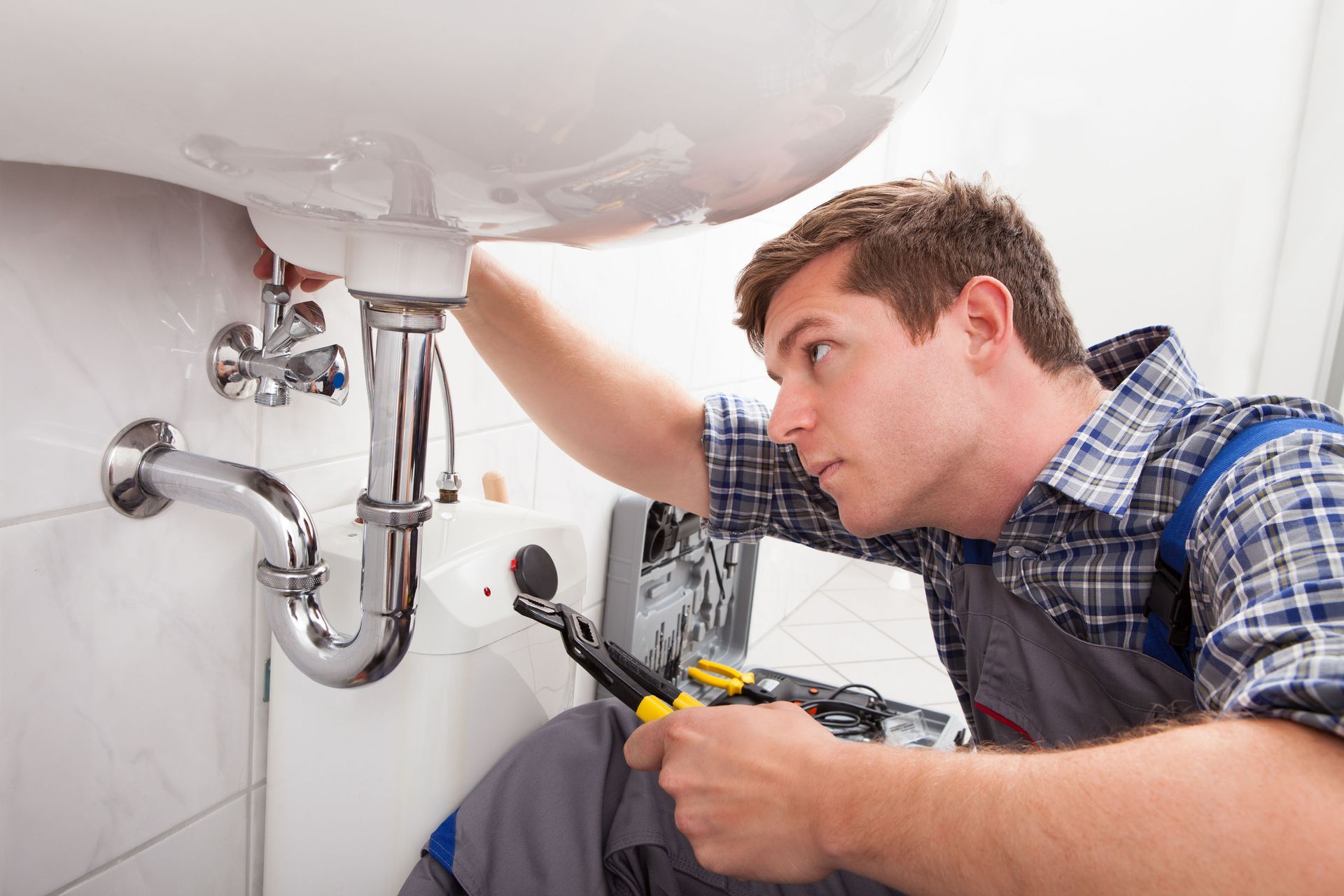
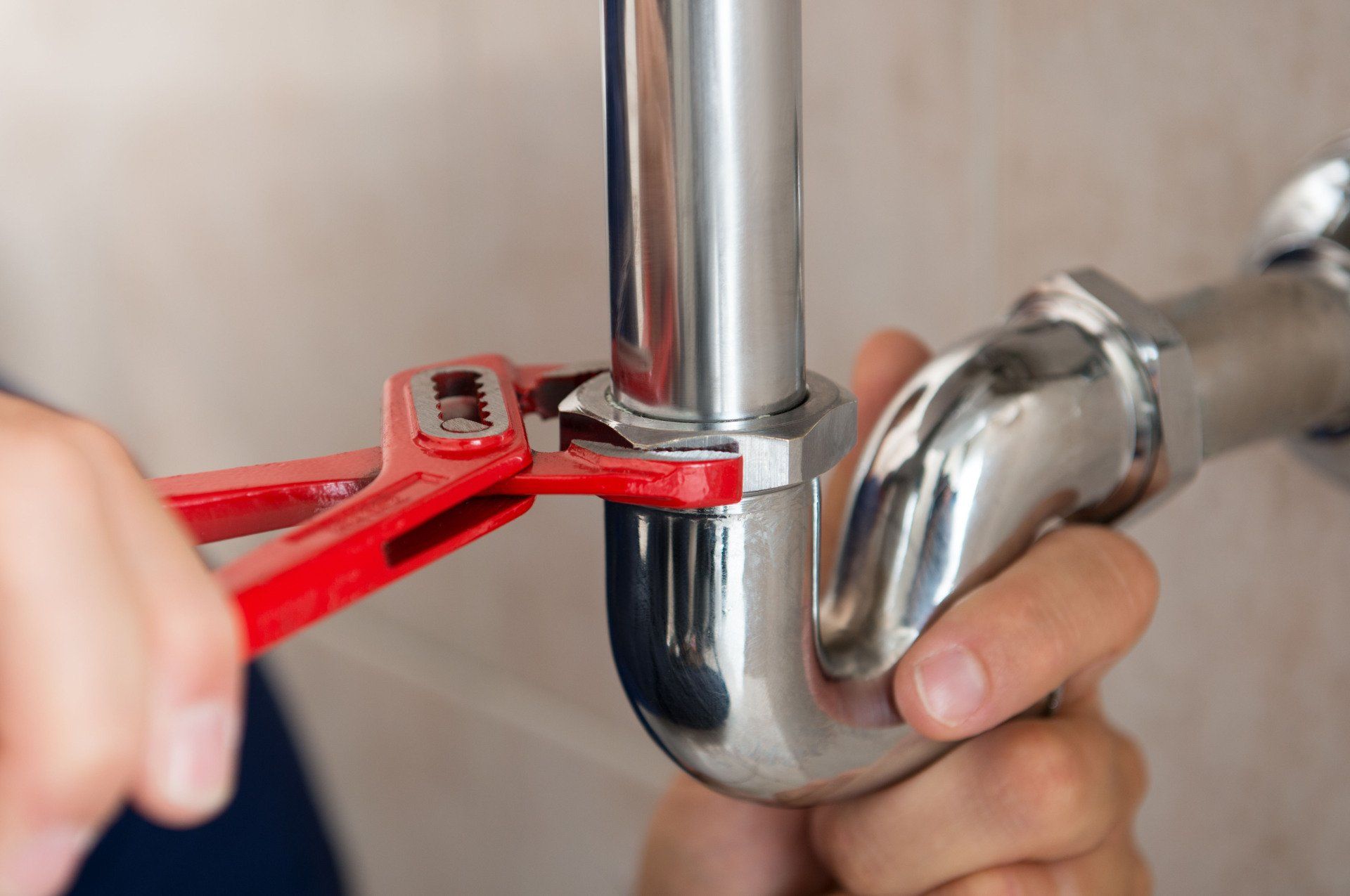
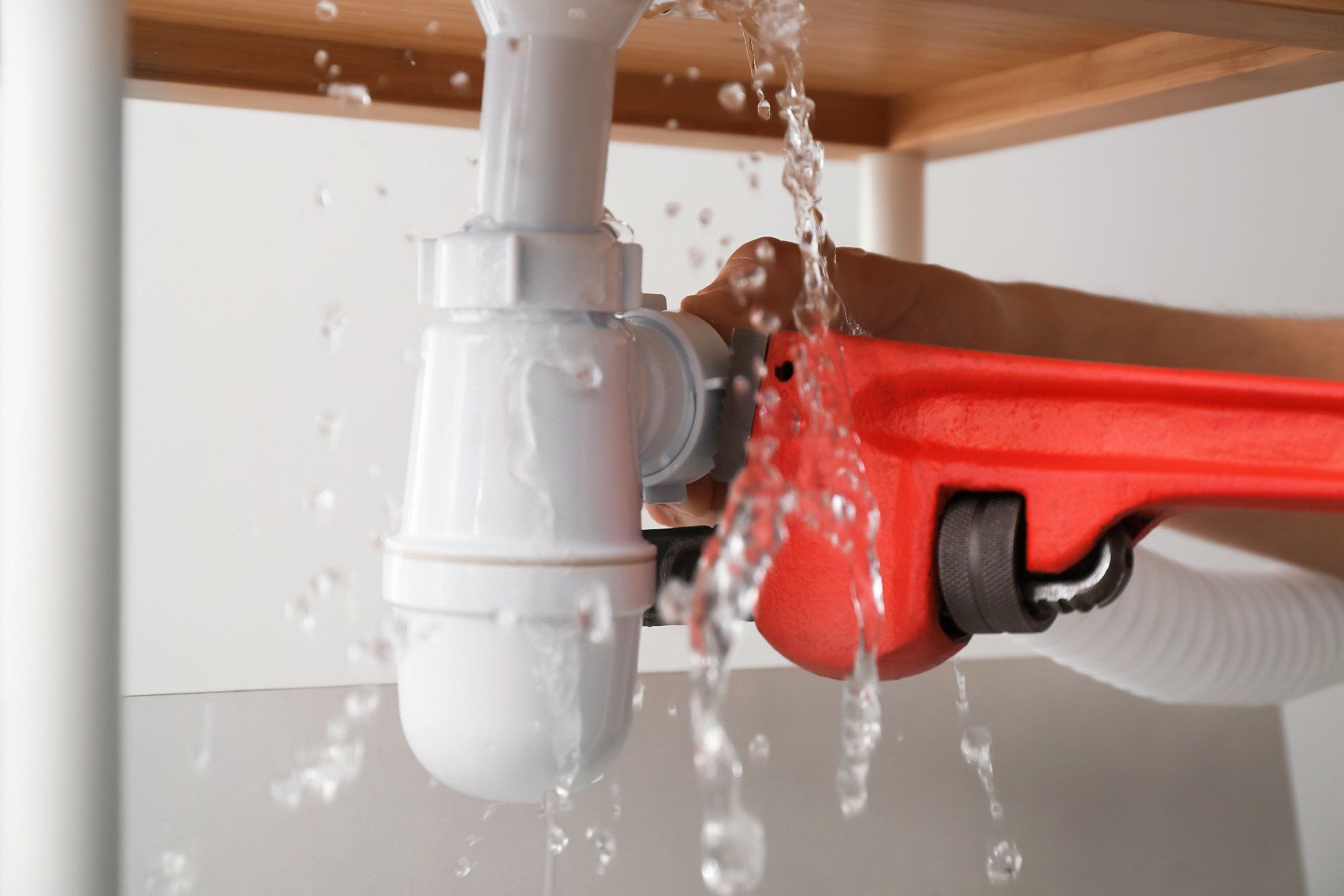
Share On: